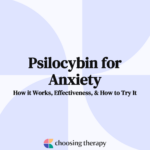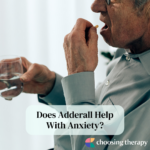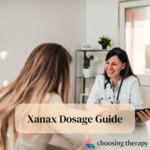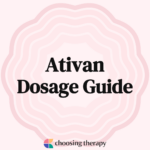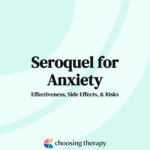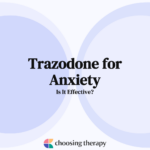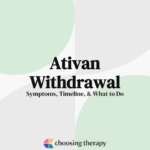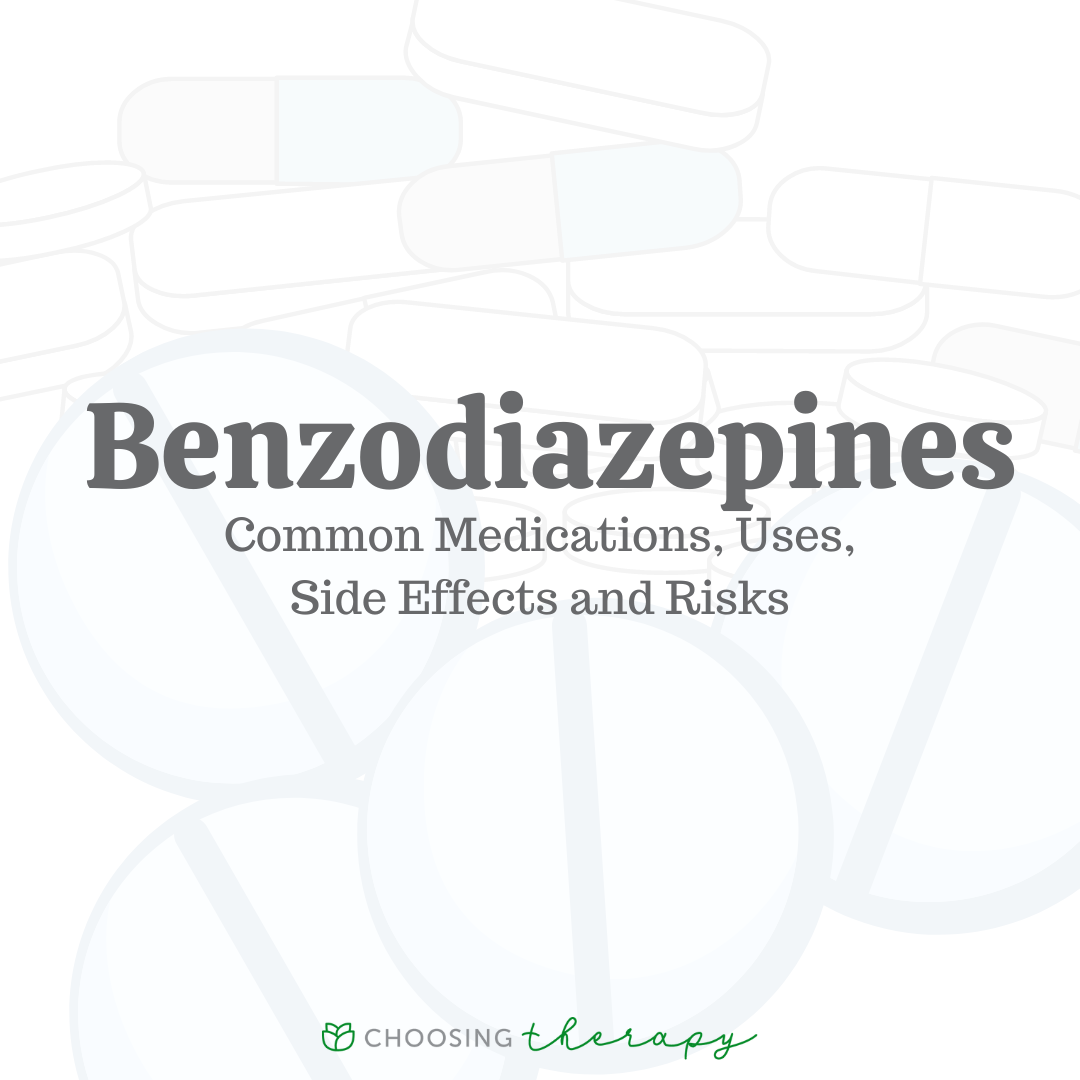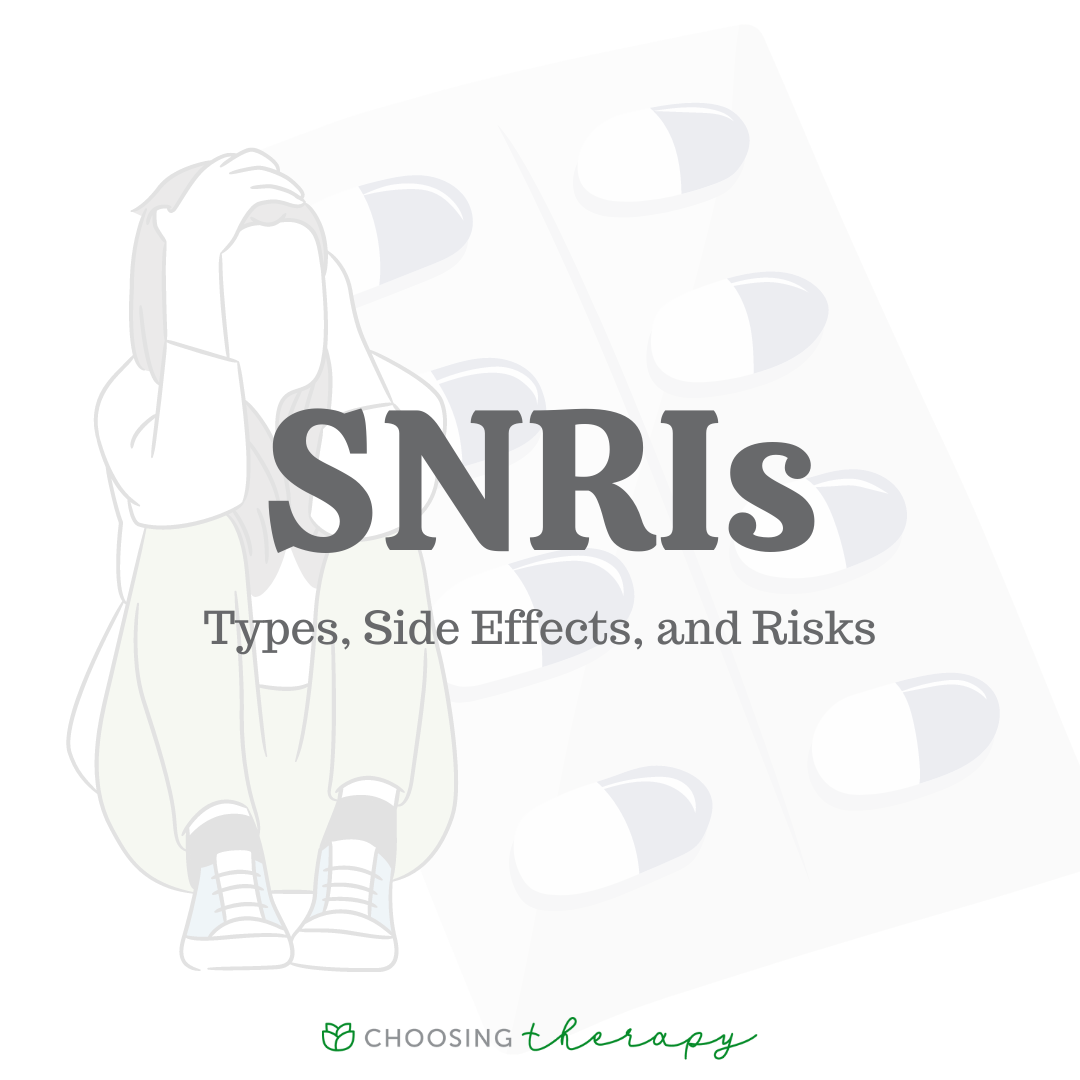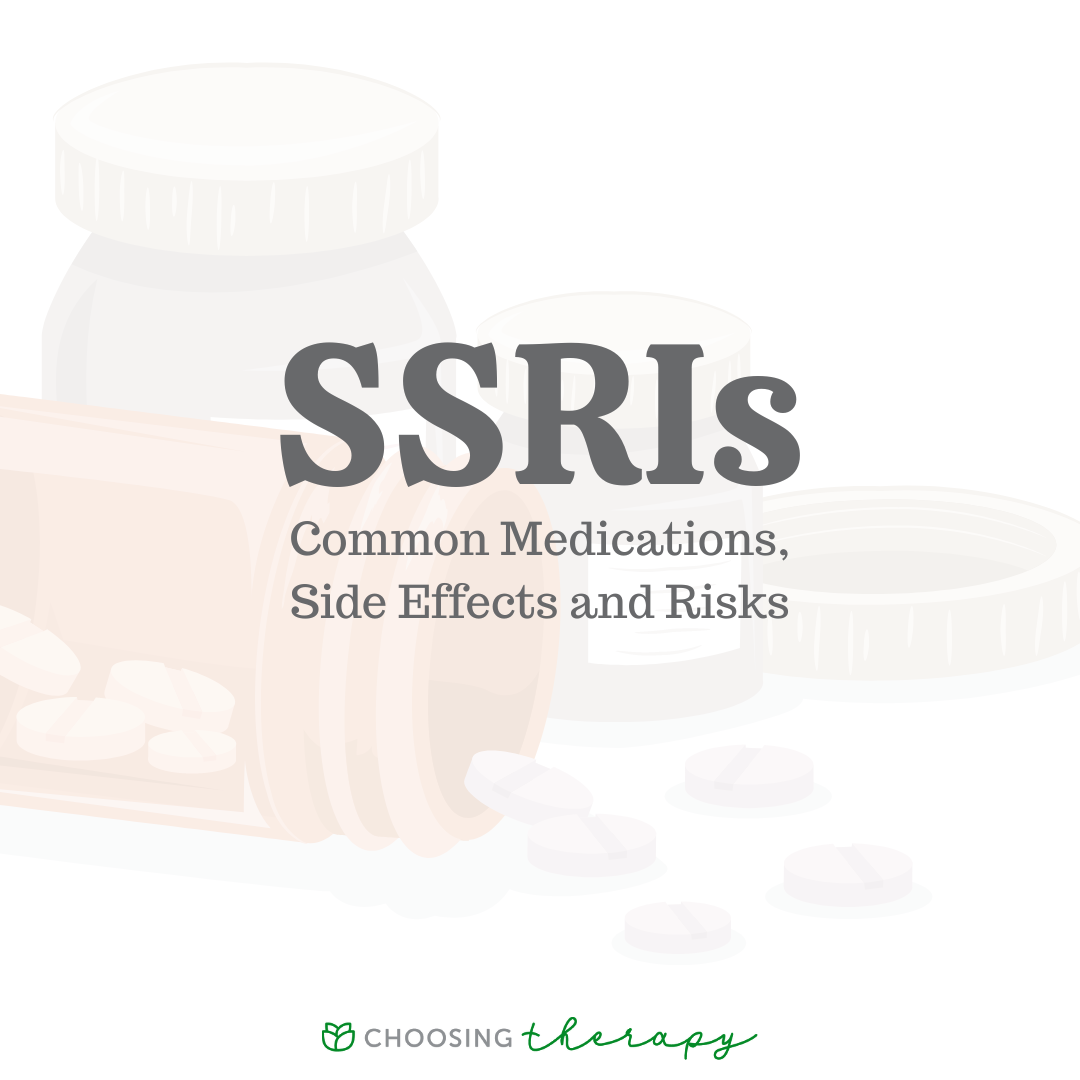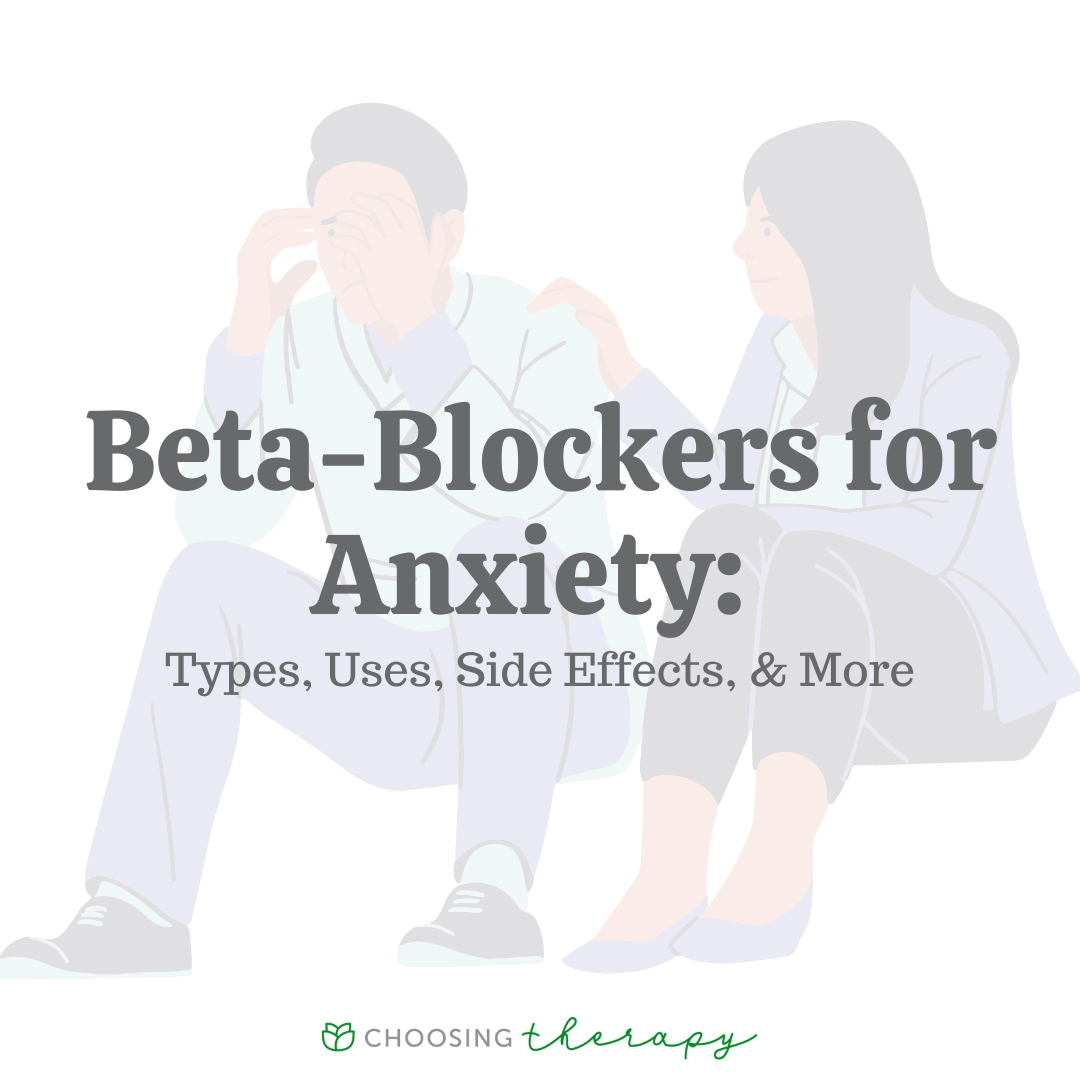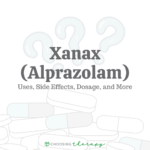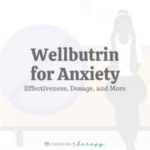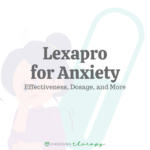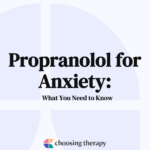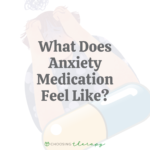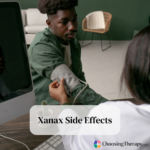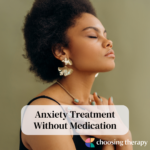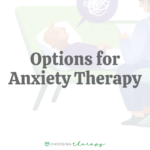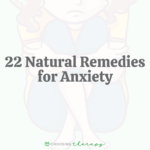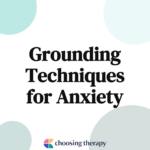
Learn More About Anxiety Medication
Medications for anxiety are generally safe and effective for battling anxiety symptoms either alone or used in combination with therapy. Below you’ll find a list of articles that will help you learn more about anxiety medications and their potential side effects. Before you begin a new medication, it’s important that you have a thorough explanation from your prescriber about your dosage and any potential side effects you may experience.
Featured Anxiety Medication Articles
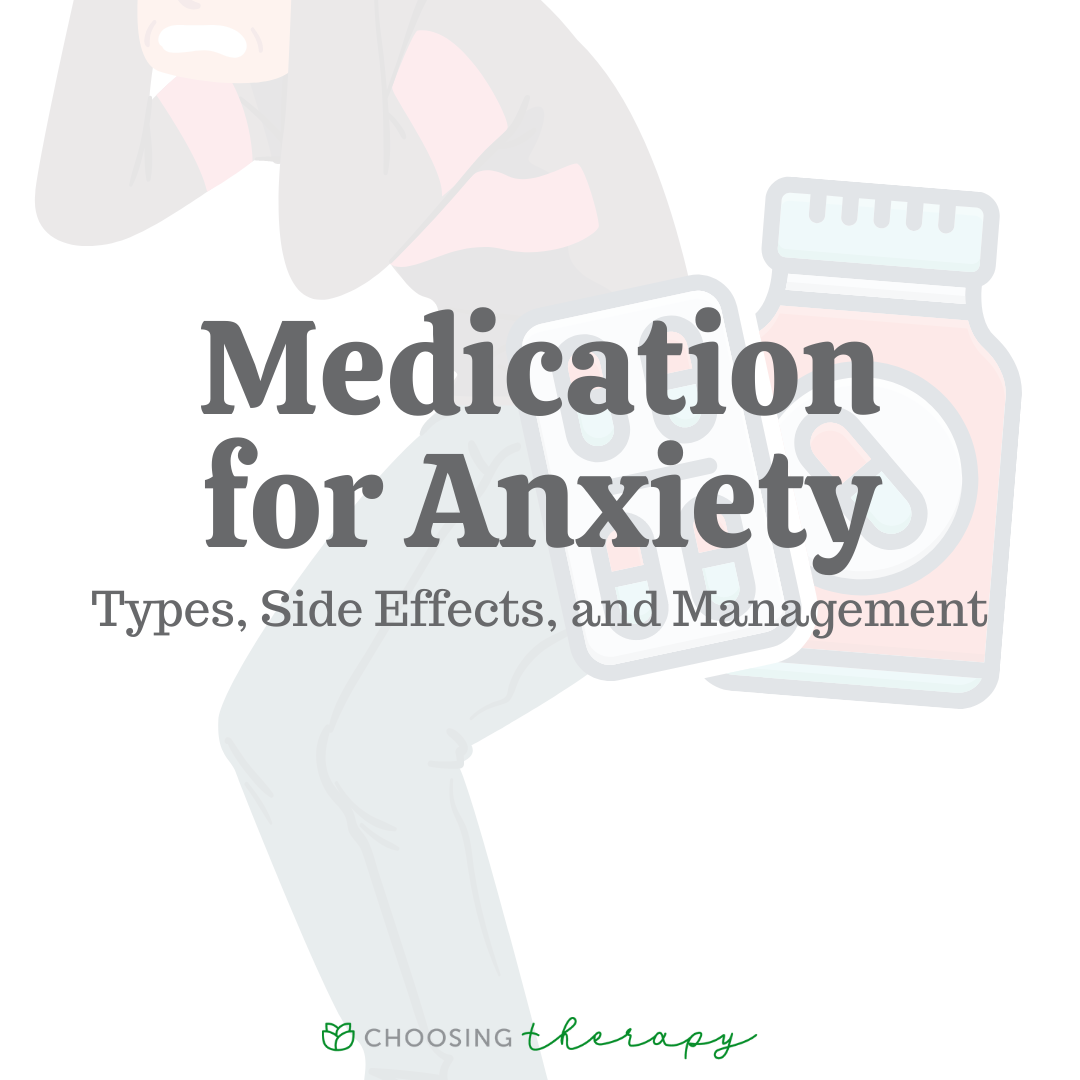
Medication for Anxiety: Types, Side Effects, and Management
Medication is a frontline treatment for many symptoms of anxiety and anxiety disorders. Medications for anxiety are generally safe and effective in battling anxious symptoms.
by: Eric Patterson, LPC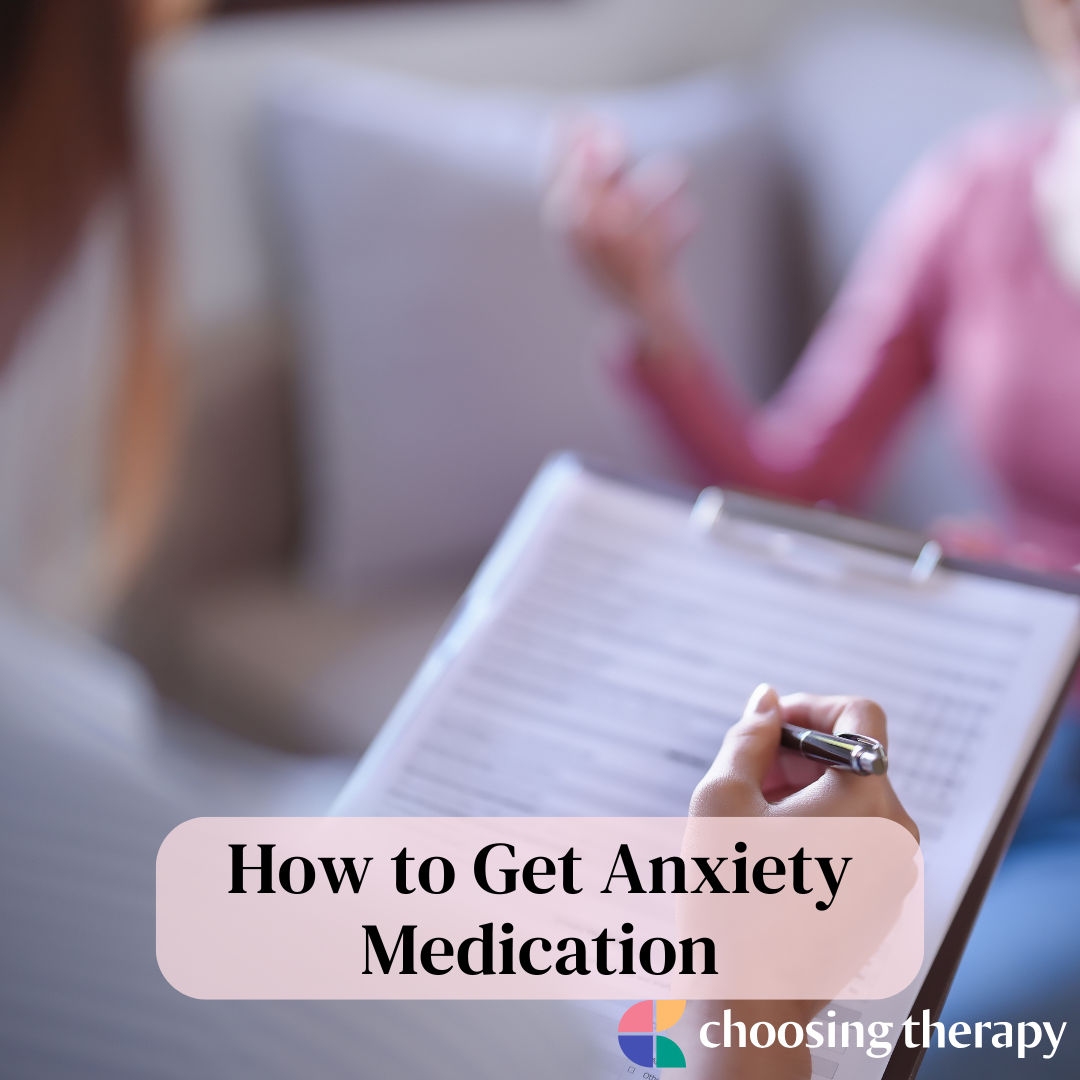
How to Get Anxiety Medication: Everything You Need to Know
To get a prescription for anxiety medication, you must first have an evaluation with a provider, who will assess your anxiety symptoms and determine whether medication can help. If they think it will, they will recommend specific medication(s) to address your particular symptoms. Anxiety medication can be prescribed by a provider trained in medicine and mental health, like a physician, psychiatrist, or OBGYN.
by: Emily Guarnotta, PsyDCommon Types of Anxiety Medications

Commonly Prescribed Anxiety Medications
FAQ About Medications for Anxiety
What Are the Common Side Effects of Anti-anxiety Medications?
Depending on the type of anxiety medication and individual, adverse effects can vary. However, common side effects may include headaches, weight changes, nausea, and insomnia.
Can I Stop Taking my Anxiety Medications?
You should never stop taking a medication without consulting your doctor. They can provide a tapering dosage if you would like to quit medication or explore alternatives.
How Can I Get a Prescription for Anxiety Medications?
Anxiety medication can be prescribed by a provider trained in medicine and mental health, like a physician, psychiatrist, or OBGYN. To get a prescription for anxiety medication, you must first have an evaluation with a provider, who will assess your anxiety symptoms and determine whether medication can help. If so, they will recommend specific medication(s) to address your particular symptoms.

Anxiety Medication Side Effects

Alternatives to Anxiety Medications
More Articles About Anxiety Medication
